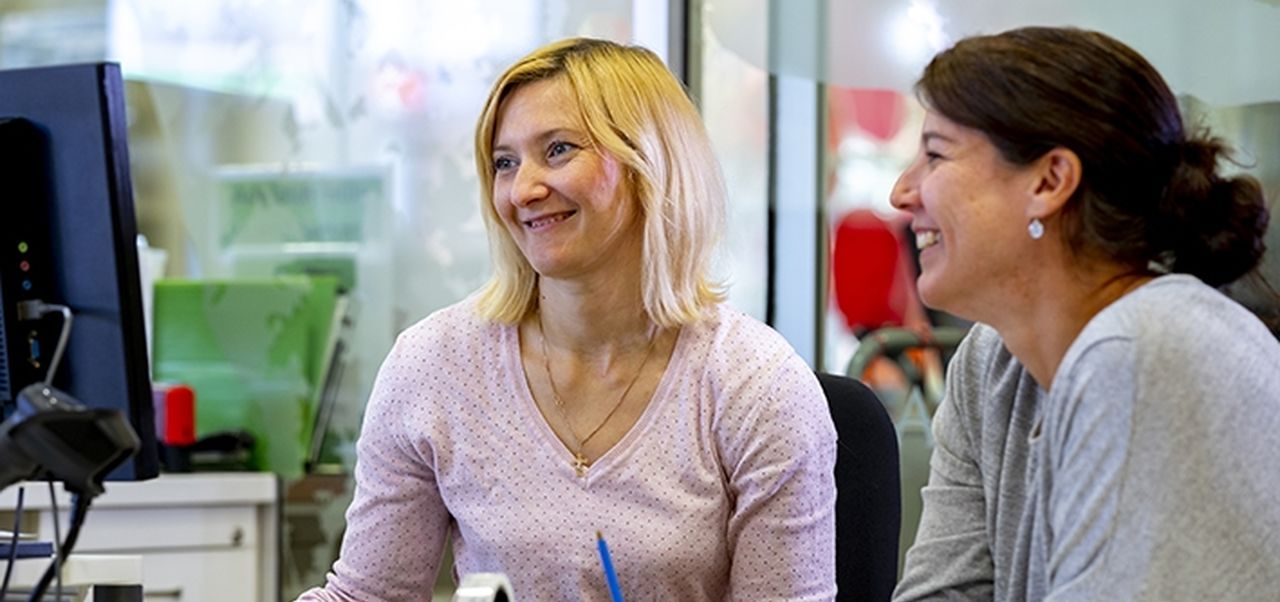Food safety
There are approximately 500 food businesses within the Adelaide Hills Council area that our Environmental Health officers are committed to working with to ensure that our community remains food-safe.
Remember that it is not only food that you "eat out" that can make you ill, preventing food poisoning at home is as simple as following basic food safety rules when preparing and storing food.
If you think you might have food poisoning it is important to consult your doctor who may order tests to confirm this.
Food safety training is available online any time with DoFoodSafely, a program that is supported by SA Health and free to use.
Running a food business — what you need to know
For the purposes of the Food Act (SA) 2001, a food business is any operation which sells or serves food to the public. As well as cafes, retailers and hotels, this includes bed and breakfast facilities, service stations, school canteens, kiosks, sporting clubs, some wineries, function centres and manufacturers (including home-based businesses).
Notification
All food businesses in South Australia must notify their local council of their operation by completing and submitting a Food Business Notification Form.
For once only operators, a Temporary Notification form is adequate.
Should any of your business details change please complete and submit a Food Business Notification Update Form.
Inspections
Our Environmental Health Officers conduct regular inspections of all food businesses in our council area. Frequency is determined by the assessed food safety risks and compliance with the Food Standards Code. These inspections play an important role in maintaining the generally high standard of food safety which prevails in our council area. Our officers are keen to work proactively with proprietors when areas needing improvement are identified. For advice on compliance issues please call us on 8408 0400. Our Environmental Health team is always happy to answer your questions.
Food safety fact sheets
-
Cleaning and sanitising of high-risk equipment
-
Cleaning and sanitising
-
2 hour 4 hour rule guide
-
Egg safety and preparation of raw egg products
-
Guide to the labelling of packaged food
-
Handling Raw Chicken
-
Food safety tips for outdoor events
-
Prohibited food waste for pig swill — information for food outlets
-
Food safety for businesses — SA Health
Hairdressers, body art and piercings
Hairdressing guidelines exist to provide hairdressers with an understanding of health implications of the services they offer to ensure customers are safe and protected.
Many hairdressing facilities offer skin penetration procedures. The practice of skin penetration has existed in many societies for hundreds of years and involves the process of the piercing, cutting, puncturing and/or tearing of the skin or mucous membrane. Body piercing, tattooing, waxing, nail manicures and pedicures are examples.
Skin penetration is an invasive procedure with potential health risks. If correct precautions are not taken, blood-borne viruses such as Hepatitis B, Hepatitis C, Human Immunodeficiency Virus (HIV) and a range of bacterial infections can be transmitted to operators or clients through contaminated equipment or unhygienic premises and procedures.
Environmental Health Officers from the council work with skin penetration premises to ensure they are operated safely and hygienically, and comply with legislation.
More information is available in the SA Health website.

